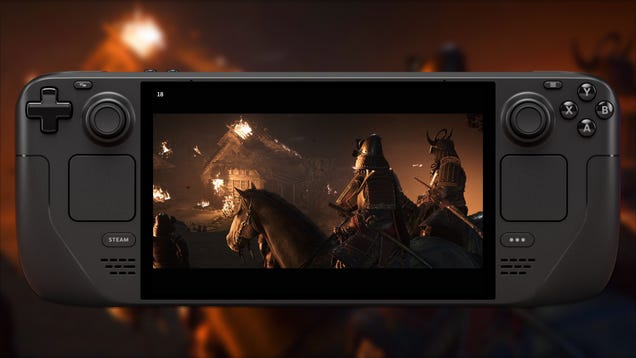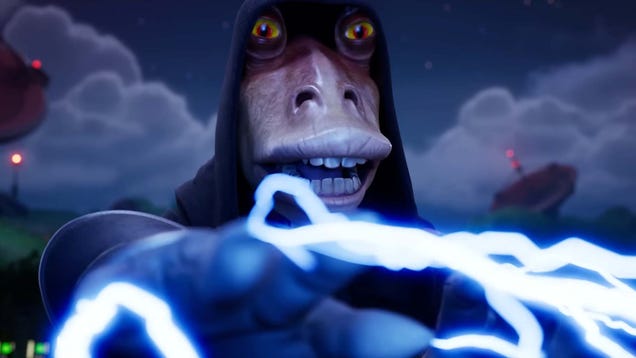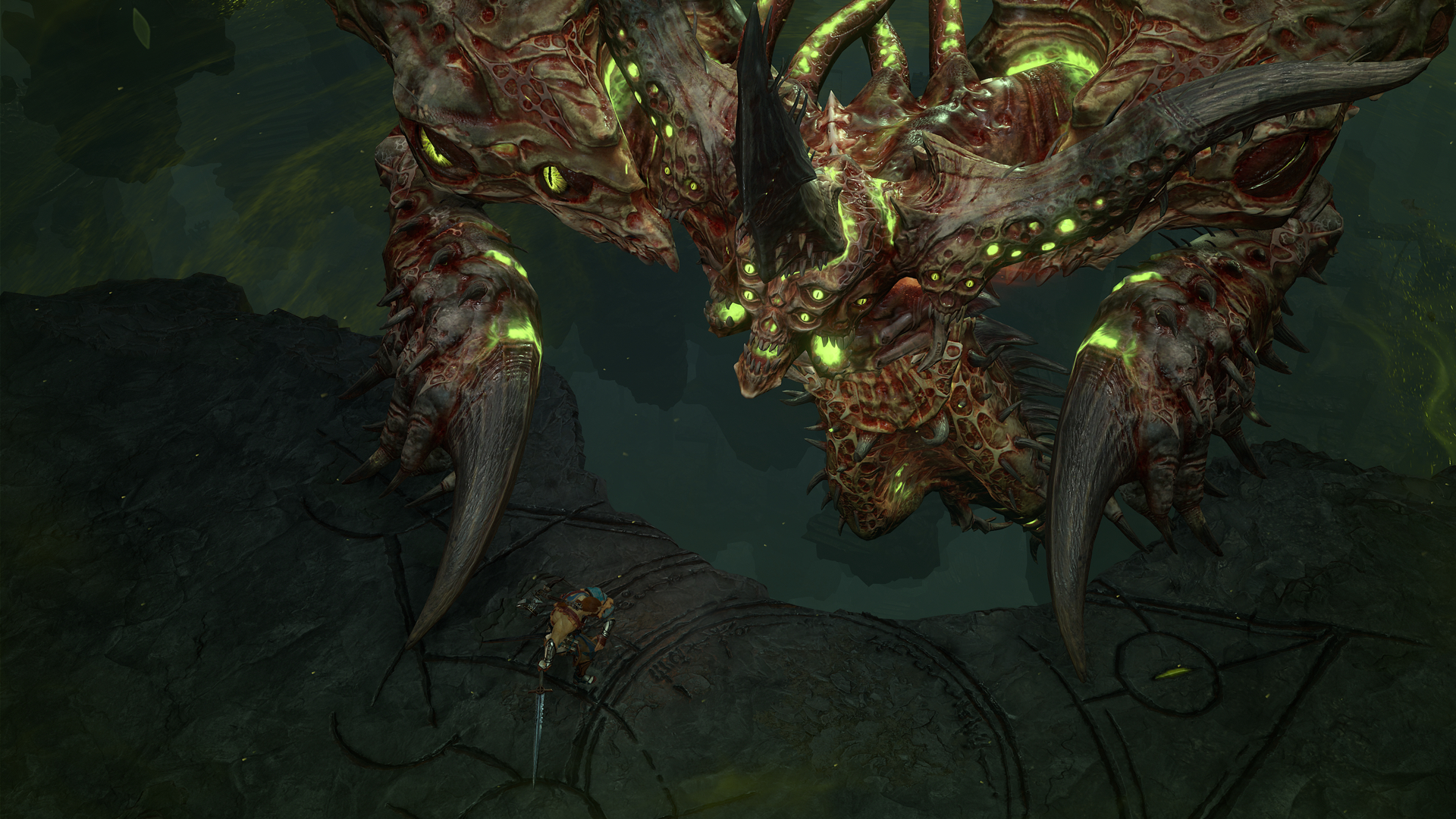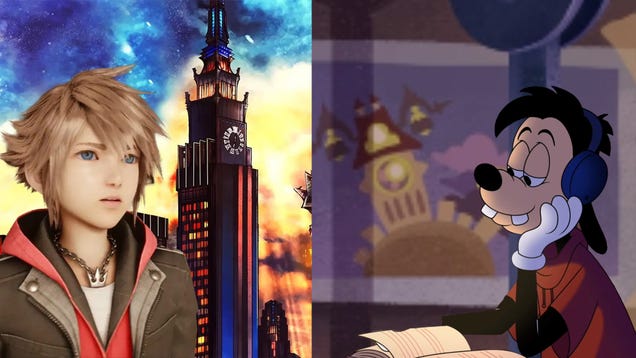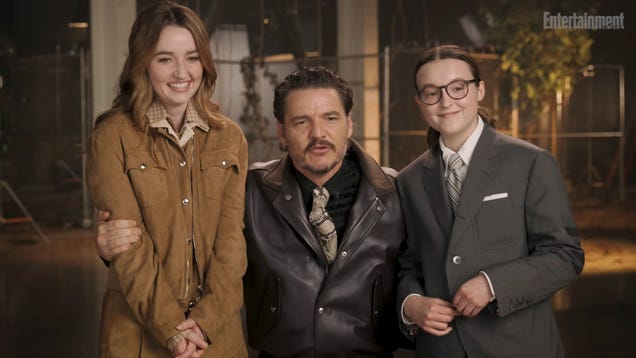
The Apprentice Review
This review is based on a screening at the 2024 Cannes Film Festival. There is currently no announced theatrical release date.
While unlikely to be revelatory to anyone watching, Ali Abbasi’s The Apprentice is entertaining nonetheless as a stylistically tongue-in-cheek chronicle of Donald Trump’s life in the 1970s and ‘80s, condensed to a compact two hours. Long before he was a U.S. president, or even the host of the eponymous gameshow, he was a New York real estate huckster being sued for racial discrimination, a predicament for which he turned to attorney, political fixer, and soon to be mentor Roy Cohn. This is where Abbasi and writer Gabriel Sherman posit Trump’s financial rise and moral descent truly began. In the process, the director crafts an intriguing character drama led by a handful of spectacularly dialed-in performances, even though its political purview ranges from dull to non-existent.
Any performance of a figure as recognizable and specifically animated as Trump runs the risk of broad parody — see also: Brendan Gleason in The Comey Rule — but Abbasi and actor Sebastian Stan work harmoniously to avoid this complication. In the first hour, Stan’s approach to Trump is more muted and naturalistic, with only hints of the caricature we’ve come to recognize (his pursed lips in particular). Stan seems to channel old interviews with Trump, which hint at a much more straightforward man than those who became acquainted with him later are used to. Some might even call his disposition gentle.
This early ‘70s version of Trump is a social climber well out of his depth, and Abbasi relays his story through the visual language that draws from film movements of the era. On one hand, he follows Trump with a free-roaming camera, whose grainy texture and seemingly improvised movements reflect the burgeoning New York independent movement helmed by directors like John Cassavetes. However, his loose, lo-fi stylings soon give way to the formal control and high visual contrast of the New Hollywood scene — gangster movies like Martin Scorsese’s Mean Streets in particular — when Trump and Cohn first cross paths.
Stan’s version of Trump thinks of himself as the ultimate American dreamer.
It seems, in some ways, like the obvious choice, given Trump’s alleged mob entanglements with “Fat Tony” Salerno (who appears in both The Apprentice and in Scorsese’s The Irishman). However, Abbasi’s window into this sordid tale of wealth and power is the Salieri-Mozart dynamic between Trump and Cohn, with the former taking keen note of the latter’s lust for power and his ruthless methods. Those same temptations made for paradigm-shifting films during this period (The Godfather, Scarface, and so on) and transformed the meaning of the American Dream in the public consciousness by exposing its rotten underbelly. Stan’s version of Trump, therefore, thinks of himself as the ultimate American dreamer who, though he was born with a silver spoon, is desperate to improve his lot in life and crawl out from beneath his father’s shadow. He’s delusional, but driven to scale the heights of business and industry — so who better to shadow than a man willing to do anything to get there?
Jeremy Strong, meanwhile, delivers yet another strange, enrapturing performance as Cohn that pivots around vocal and physical metamorphosis. You can see hints of the real Cohn in what he does (his soft delivery of truly evil dialogue is a treat to watch), but Strong also carries himself with amphetamine tics, as though Cohn were some kind of addict and his fix were stepping on people’s throats. Along the way, he teaches the relatively meek and anxious Trump how to be more outgoing, and before long, Stan begins to weave together Trump’s familiar gestures and accentuations, approaching each one from the inside out. It’s the ludicrous, speculative origin story of a walking cartoon, but Abbasi’s sincere approach makes it magnetic, especially in Trump’s scenes opposite his first wife-to-be, Ivana (a radiant Maria Bakalova).
It’s the ludicrous, speculative origin story of a walking cartoon, but Abbasi’s sincere approach makes it magnetic.
In the 1980s-set second half, which sees Trump ascend to New York high society and become a media figure in his own right, Abbasi and cinematographer Kasper Tuxen tweak their visual fabric in appropriate ways. Instead of the cinematic reformism of New Hollywood — which embodies a radical drive in the face of oppressive systems — Trump becomes the system, so the frame reflects ‘80s TV broadcasts and their rainbow-tinted visual artifacts. Paralleling Stan’s physical and vocal transformation into something that more closely matches the Trump we know, Abbasi’s aesthetic looks deliberately chintzy and fake.
The second hour of The Apprentice looks like a melodramatic, made-for-TV movie, but it also lives up to that off-putting visual mode with its operatic approach. In A Star is Born fashion, Trump skyrockets and leaves Cohn, his mentor, behind, leading to surprisingly effective and endearing drama. This is very quickly offset by Trump’s obnoxious treatment of those around him, from Cohn and Ivana to his own blood relatives, which goes hand-in-hand with Abbasi’s seeming mission statement: the depiction of how an individual shed his humanity and took on the monstrous, grotesque traits of those around him. His father, Fred Trump (played by Martin Donovan), is arguably shown as more “Trump-esque” than Donald himself, which serves to hammer home this point.
Mercifully, it doesn’t go all-out with low-effort attempts to lampoon Trump.
However, the latter half is also where The Apprentice begins swiping at low-hanging fruit, in the vein of Oliver Stone’s flimsy George W. Bush biopic W. Mercifully, it doesn’t go all-out with low-effort attempts to lampoon Trump, the modern politician, but it leaves plenty of overt and recognizable breadcrumbs that serve no real dramatic or narrative purpose, other than as reminders that the person we’re watching is, in fact, Donald Trump – as though one might forget.
This is also the extent of the movie’s own political entanglements. Given how laser-focused it is on Trump’s daily life, rather than the world around him or his relationship to it beyond the gilded, dictator chic of his lavish penthouse, it seems to have had little room for these wider explorations to begin with. The end result exists in a lukewarm middle ground, wherein political statements are mere gestures, with no real perspective to back them up.
By contrast, Armageddon Time by director James Gray — which was similarly set in 1980s New York, and also starred Jeremy Strong — was far more adept as both eerie premonition and a Trumpian drama about society’s underlying anxieties, despite not featuring Donald Trump (though Fred Trump does appear as a fleeting specter). Even Abbasi’s own previous movies, like the Iranian feminist thriller Holy Spider and the European refugee fantasy Border, have each maintained emotional intensity while remaining tethered to the wider world around them. When it comes to Trump, and to America, the Iranian-Danish director just doesn’t have as much to say, resulting in a “pretty good” film that feels unambitious by comparison.
Still, despite its underachievement as a political movie (which ought to especially be a mark against it, as a presidential biopic), The Apprentice fittingly encapsulates the Trump era of American politics on either side of the aisle, thanks to the efforts of its cast. On one hand, there’s something familiarly distasteful about Trump and his ilk, people who are willing to shed their humanity for the mere appearance of success, regardless of how much (or how little) truly exists beneath the surface. On the other, The Apprentice itself embodies the futility of trying to critique this sort of moral and political rot through aesthetics alone, with no deeper or more useful insight.



